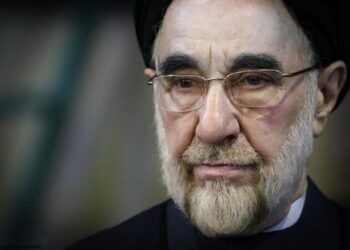nuclear weapons, the head of Britain’s foreign spy service said Thursday in the first public speech ever made by a spy chief in Britain.
In the unprecedented public speech, MI6 chief John Sawers urged an “intelligence-led” approach to stopping nuclear proliferation.
He said intelligence activities were responsible for Iran’s admission last year that it was building a second uranium enrichment plant, which in turn led to tougher diplomatic pressure. “The revelations around Iran’s secret enrichment site at Qom were an intelligence success. They led to diplomatic pressure on Iran intensifying, with tougher UN and EU sanctions, which are beginning to bite,” Sawers said. “The Iranian regime must think hard about where its best interests lie.”
He added: “The risks of failure in this area are grim…. And the longer international efforts delay Iran’s acquisition of nuclear weapons technology, the more time we create for a political solution to be found.”
MI6 is the most common term used by the public for Sawers agency, the one that “employs” James Bond. But that has never been its official name, which is Secret Intelligence Service (SIS). The agency celebrated its 100th anniversary last October.
On terrorism, Sawers said Al-Qaeda was unlikely to achieve its goals of weakening Western power and toppling moderate Arab governments. But the threat of “Islamic terrorism” was unlikely to fade away soon.
He said reading reports of what militants were plotting was the most draining part of his job. “Working to tackle terrorism overseas is complex, often dangerous. Our agents and sometimes our staff risk their lives.”
In a passage likely to be noted in the Middle East, Sawers said that over time the emergence of more open and responsive governments in the Islamic world would “help” counter terrorism.
But pushing for a sudden move in that direction might make things worse. “If we demand an abrupt move to the pluralism that we in the West enjoy . . . the terrorists would end up with new opportunities,” he said.
The Bush Administration often argued that terrorist organizations and their alleged state sponsors were the main opponents of democracy in the Arab world. But Arab civil society and human rights groups say that governments friendly to the US are some of the most determined obstacles to democracy, repressing peaceful Islamist groups which seek power through democratic elections.














